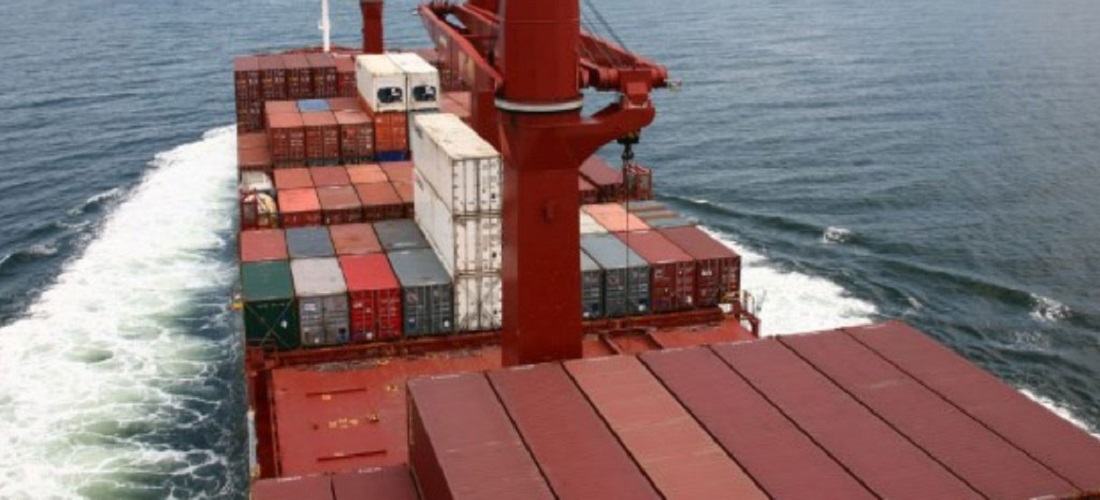
Brazil registers trade balance deficit in January for first time since 2016
Feb, 20, 2020 Posted by datamarnewsWeek 202009
The January trade balance registered a deficit of US$1.7 billion, after consecutive surpluses in the same month since 2016. According to a bulletin released on February 20 by the Brazilian Institute of Economics (Ibre / FGV) Foreign Trade Indicator (Icomex), it is premature to make projections based on the result of a single month. However, new events in January signal and reinforce the trend of a reduction in the trade balance surplus for 2020.
The first is related to the agreement between China and the United States. The projection is that there will be losses in soy exports, but the main risk is the potential losses in meat exports, due to the measures of the US-China trade facilitation agreement with the United States (Brazil’s competitor in this segment) associated with the phytosanitary barriers.
The truce in the trade war was seen as a positive factor for world trade by several analysts. However, for the institute, the “managed trade” agreement by targets sets a risk precedent for the balance of world trade, linked to the difference in power between countries.
A new factor is the coronavirus epidemic in China. Projections of Chinese growth this year under the effect of this epidemic range from 5% to 6%. The coronavirus, along with the effects of the agreement between China and the United States, points to a drop in commodity prices for the next few months, and a decline in the volume imported by China.
Estimates of losses for Brazilian exports are uncertain, as it is not yet known how long it will take for the control of the coronavirus epidemic to be guaranteed. In any case, optimistic forecasts are for Brazilian exports to China to fall by around 10-15%.
Another issue is the Argentina effect. It is unlikely that the Argentine economy will contribute to the increase in Brazilian exports in 2020. According to estimates by Luana Miranda, an economic analyst at IBRE / FGV, the Argentine effect may reduce Brazilian growth this year from 2.5% to 2. 2% (IBRE Blog, 02/14/2020).
For China, a deficit of US$1,566 million was registered, driven by an 8.8% drop in exports – 2.5% drop by volume and 6.4% by value. Imports increased 3.4%, but prices fell 3.8%.
The trade balance with the United States was also in deficit (US$847 million) with a drop in exports of 28.8% in value, 23.2% by volume and 7.3% in prices. For imports there was a positive change in value (+ 8.7%), volume (+ 8.4%) and prices (+ 0.4%).
Of Brazil’s three main trade partners, only Argentina was favorable where Brazil managed a small surplus of US$17.8 million. Exports fell 0.9% by value, 0.2% by volume and 0.7% in prices. The lower drop in exports compared to previous months is explained by sales of more than US$100 million in alcohol and tractors. Imports decreased in value terms (-17%), volume (-13.6%) and prices (-3.7%). Brazil’s deficit with the European Union was US$575 million, with a decrease in export value of 25%, in volume of 24.6% and in prices of 0.6%.
-
Environment
May, 06, 2024
0
Megaport and railway threaten African Diaspora community in Brazil’s Maranhão
-
Meat
Sep, 13, 2023
0
Brazilian poultry eager to gain access to more markets in Africa
-
Tradelane Graphs
Apr, 16, 2020
0
Brazil’s container shipping performance by trade lane for first two months of 2020
-
Coffee
Oct, 14, 2021
0
Coffee shipments down 26.5% YoY in September due to logistical bottlenecks



